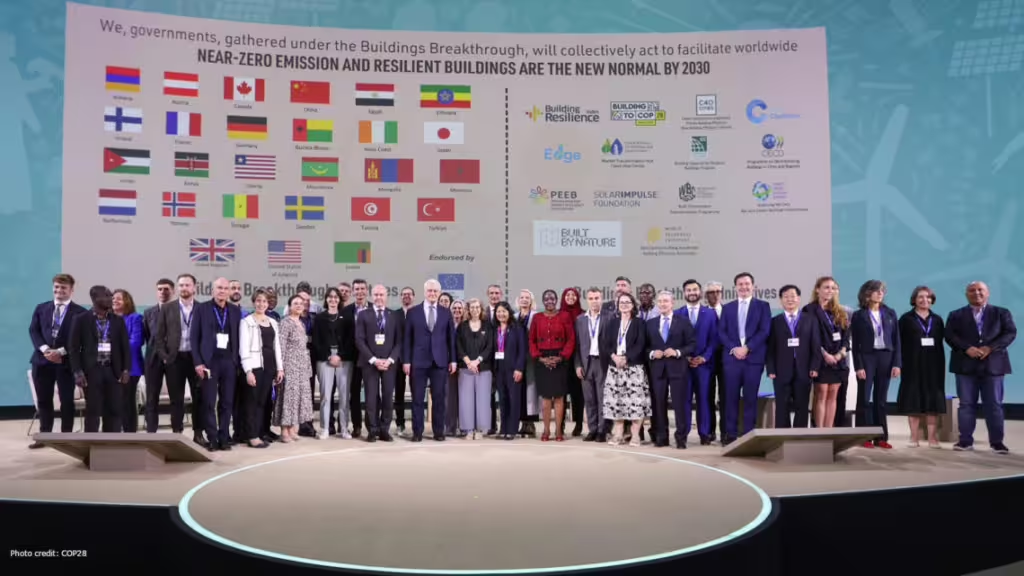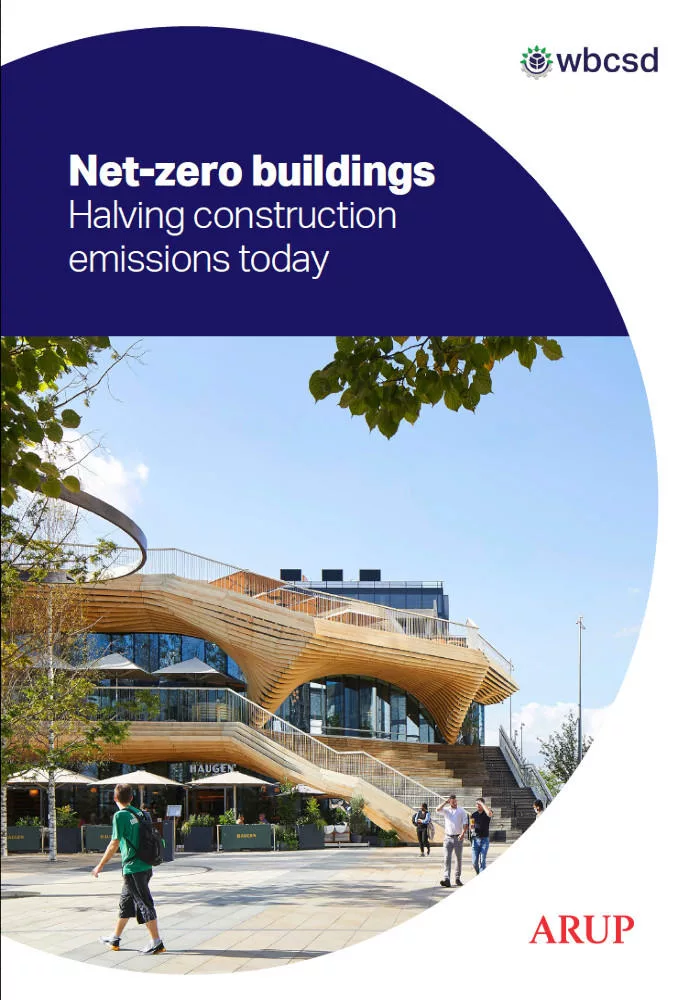Introduction
01
To turn the circular built environment into reality, it is necessary to incorporate elements such as standardization, new forms of collaboration, co-creation processes, digital innovation, education and information sharing.
This will enable companies and cities to meet not just global sustainability targets but also to drive the essential change in mindset and culture that is needed.
The challenge
02
The built environment sector has a key role to play in the transition from a linear world to a circular one that is more sustainable.
It consumes almost half of the world’s extracted resources every year and it has a huge environmental footprint.
The business case
03
Moving towards a circular built environment involves a shift in roles and business models.
However, barriers related to culture, regulations, market, technology and education are slowing down the transition. Companies have to see circularity as a business opportunity to transform the market and implement long-term policies that encourage scaling circular solutions.
The solution
04
A level playing field is needed in order for circular materials, products and services to become the new normal in the built environment.
This workstream will deliver a business case report with quantitative data that establishes why real estate companies, investors and financiers should prioritize circular design and construction over conventional linear practices.

Exploring nature positive buildings
8 December, 2023

The Buildings Breakthrough: Global push for near-zero emission and resilient buildings by 2030 unveiled at COP28
6 December, 2023

Building a global action agenda for built environment market transformation
5 October, 2023

A Guide to Alignment in the Built Environment
17 September, 2025

Net-zero buildings
31 January, 2023

Achieving Net zero Buildings – Key actions for market transformation
8 November, 2024